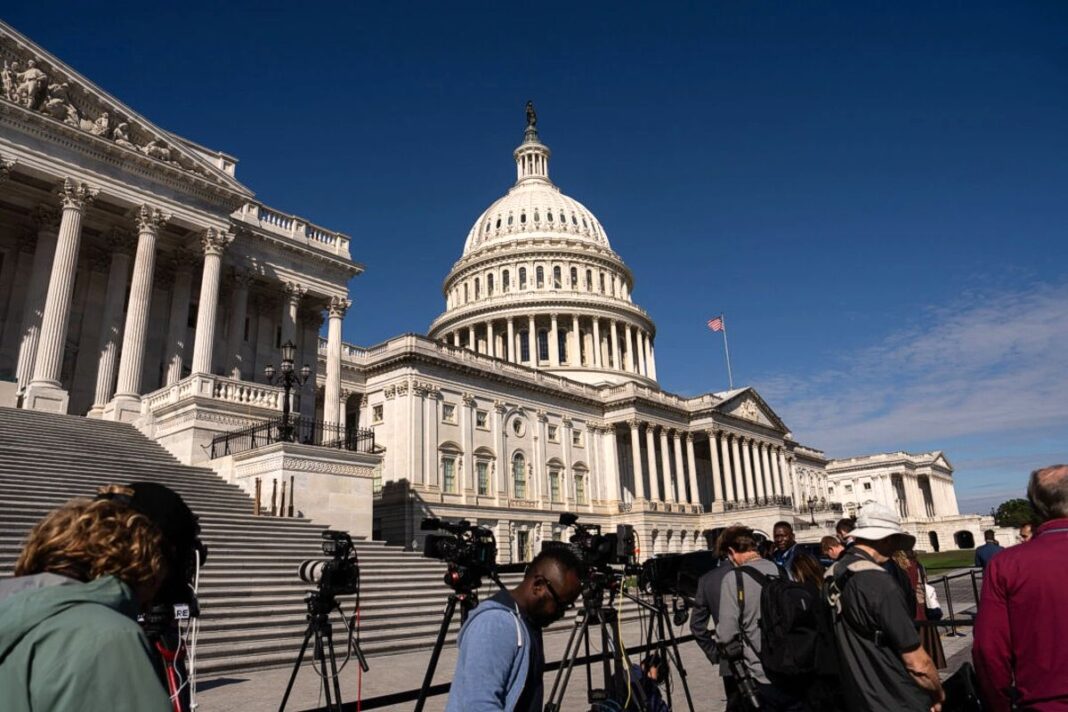As the shutdown drags deeper into October, the calendar now becomes a significant factor in how and when the government might reopen.
With the federal government shutdown now in its third week and officially one of the longest in modern U.S. history, Congress remains at an impasse with no negotiations underway to end it. In the absence of talks, the clock is now ticking towards a string of critical dates and pressure points that could test lawmakers’ resolve and potentially break the stalemate.
Since the shutdown started at midnight on Oct. 1, multiple attempts to fund and reopen the government have failed in the Senate. Earlier this week, the Senate for a tenth time rejected a Republican-backed bill that would temporarily extend government funding.
Democratic lawmakers maintain that reopening the government must go hand in hand with extending the health care subsidies that are due to expire at the end of the year. Republicans counter that the two issues should be handled independently and say subsidy negotiations can only begin once the shutdown is over.
Senate Majority Leader John Thune (R-S.D.) said on Oct. 17 that Republicans are willing to sit down with Democrats to discuss their health care demands—but only after the stoppage ends and the government is back open.
“I’m even willing to give them a vote. Today. Tomorrow. Next week. You name it,” Thune said in a post on X.
I’m not sure how much clearer I can be, but let me give it a try:
— Leader John Thune (@LeaderJohnThune) October 17, 2025
I am willing to sit down with Democrats to discuss the growing unaffordability and unsustainability of Obamacare.
It’s a system they created, but I’m happy to hear them out. Heck, I’m even willing to give them…
“But there’s one condition: End the Schumer Shutdown. I will not negotiate under hostage conditions, nor will I pay a ransom. Period.” He was referring to Senate Minority Leader Chuck Schumer (D-N.Y.)
As the shutdown drags deeper into October, the calendar now becomes a significant factor in the drama.
Key Dates That Could Shift the Stalemate
On Oct. 24, more than two million federal workers will miss their first full paycheck. While a 2019 law technically guarantees back pay, missing income will add financial strain on families, particularly in regions with large federal workforces.
Air traffic controllers—more than 10,000 of whom are currently working without pay—remain one of the most closely watched groups. During the 2019 shutdown, a wave of unscheduled absences among controllers forced cascading flight delays and helped bring that standoff to an end.
By Tom Ozimek








